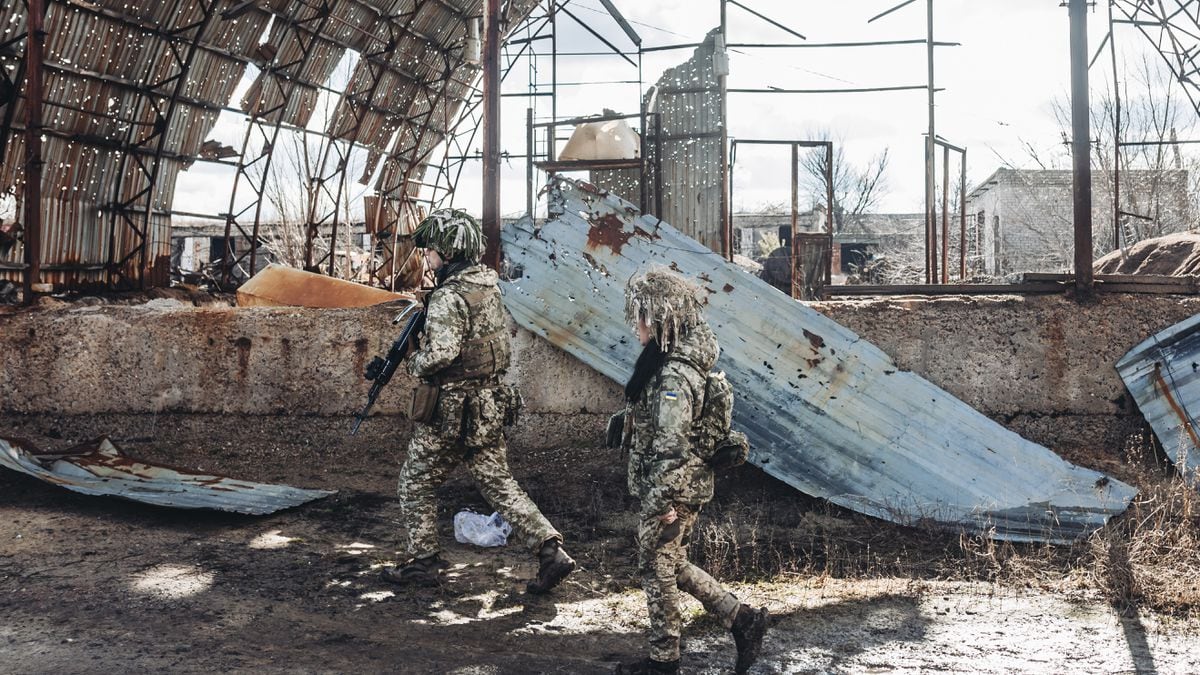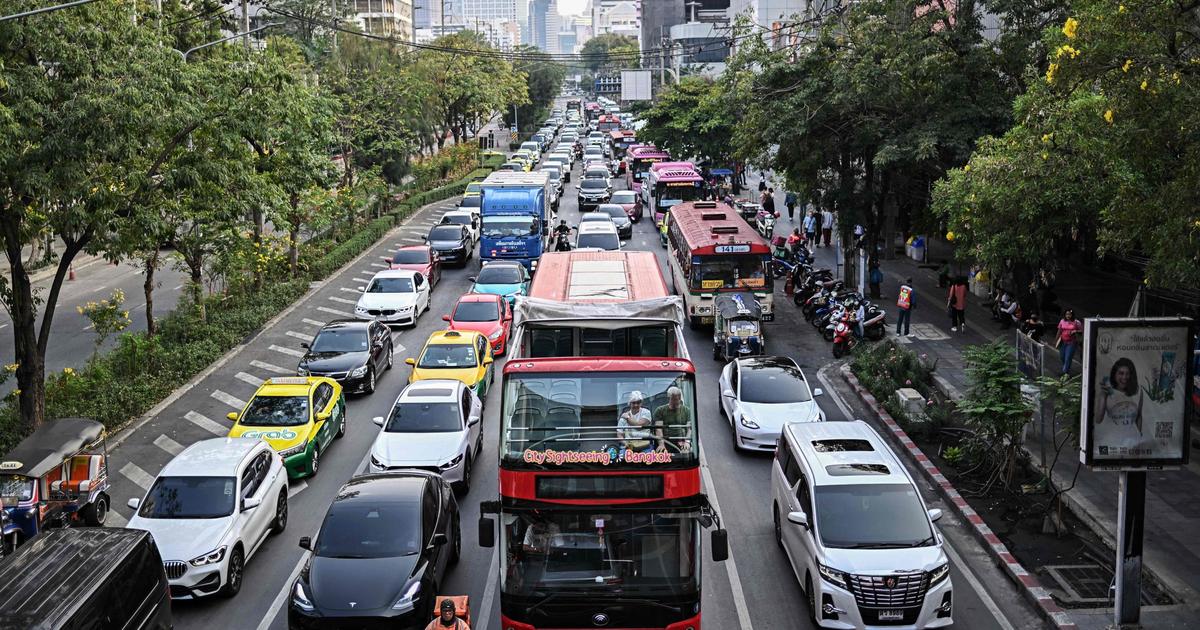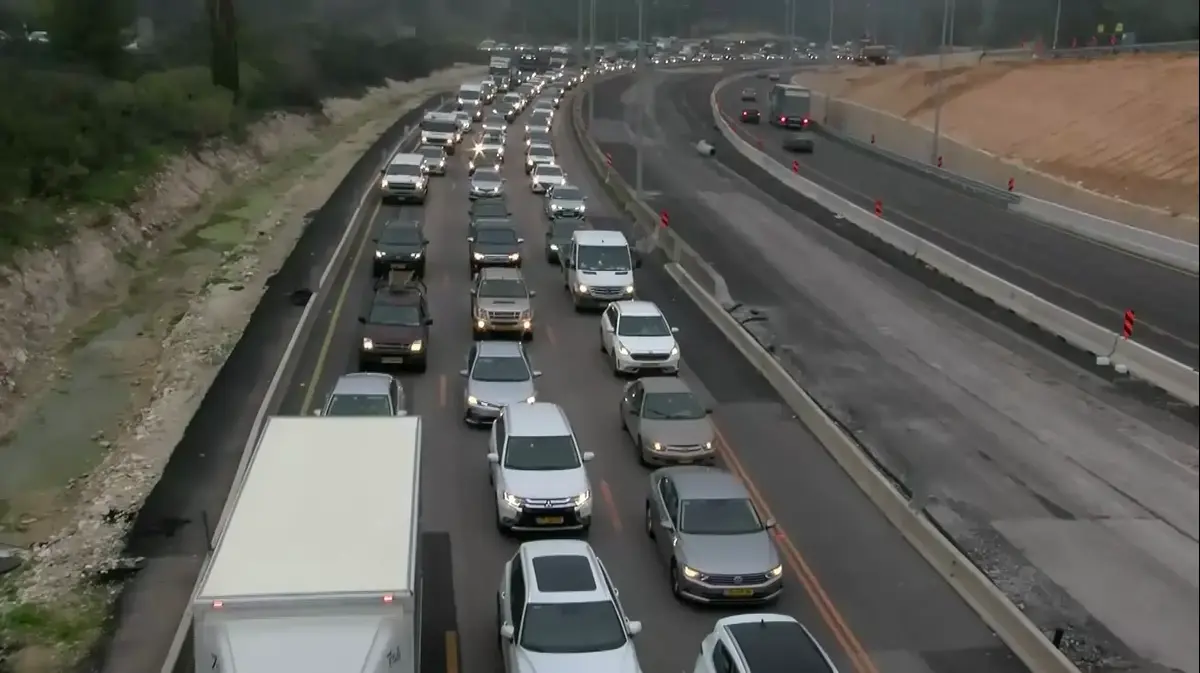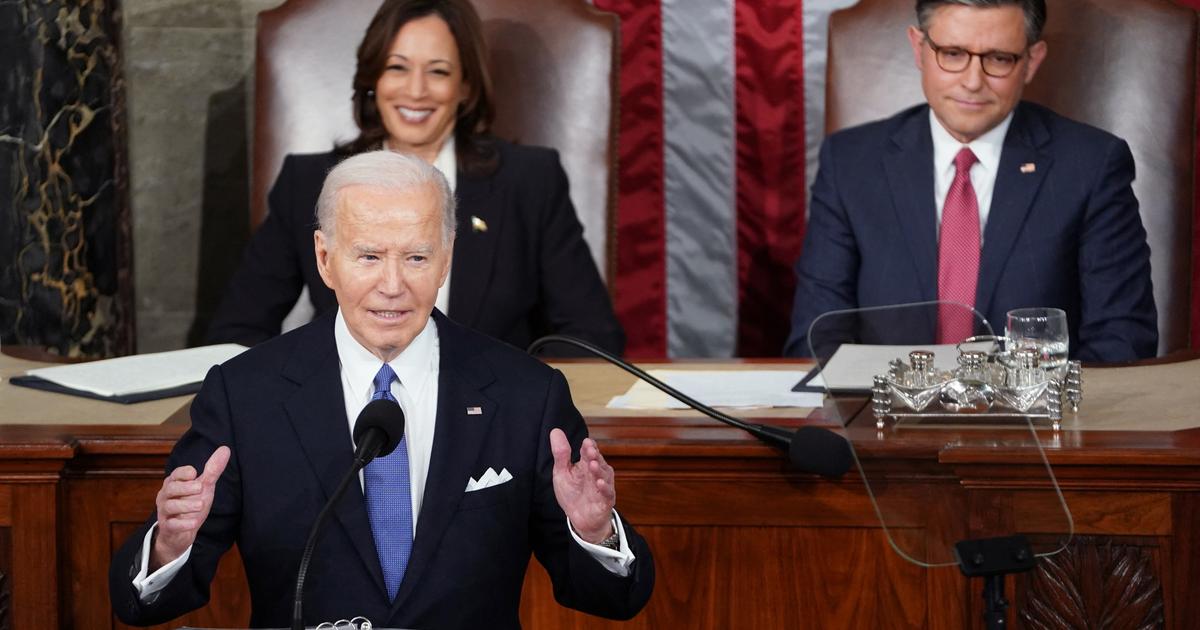This brutality startles.
Massive, millimetric and inclement, Vladimir Putin's war against Ukraine anguishes humanity.
And it turns a principle of military doctrine upside down: "War is the continuation of politics by other means", stated Napoleon's Prussian rival, Carl von Clausewitz, author of
On War
(Ministry of Defense, 1999).
It now seems that the economy is the follow-up —the reply— to the war, in another way.
It is what the democratic West has chosen against the neo-despotism of the former head of the KGB.
The threat of a sequenced chain of economic sanctions is the weapon raised to counter pan-Russian expansionism.
So far, with zero success.
More information
Last minute of the invasion of Ukraine, live
Although the final judgment will take place in the long term.
Also the founding father of the European Community, Jean Monnet, credited the future success of the Allies in the First World War to the economic base and intensity of supplies, as a member of the Inter-Allied Maritime Commission (
Memoirs
, APE, 1985).
And then, as General De Gaulle's envoy along with Franklin Roosevelt, to ensure the production of weapons against Adolf Hitler.
The fact is that the pre-announcement of sanctions, together with the unusual activism proclaiming the previous Russian deployment and its purpose, have not prevented the war.
The arsenal of measures goes far beyond the mere appeasing
diplomatic pressure
of Chamberlain and Daladier when the Munich Pact (1938).
It stands as the most complete in history.
But unlike Churchill's (and Roosevelt's) armed resistance, its deterrent effect has been inane at the first beat of the pulse.
Not surprisingly, he was bereft of the credibility provided by a military counter-deployment: a tank is instantly more lethal than blocking current accounts.
Although at least the lowest common denominator has been saved, the unity of action, absent then.
Surely the Brexit experience has helped.
And the dimension of the challenge, since “Russia is a gas station and a barracks”, synthesizes the high representative Josep Borrell, “but within which there is an atomic bomb”: that imbalance of terror, which differentiates the terrorist from the predator.
So the first assessment of the response is limited to unmitigatedly displaying where the victims are, who the aggressor is, where the humanitarian reason lies.
Something substantive in the long run, but not right away.
The Hungary of 1956 and the Czechoslovakia of 1968 also treasured liberal reason against the invader.
And to prevail, they had to wait until 1989: the fall of that Wall that now struggles to be stitched again.
The speed of the Moscow escalation has deprived the sanctions of the predicted exponential nature: except for the blockade of the Swift payments financial system —the star of the package, which the EU failed to approve at its summit on Friday— and the prohibition of exporting technologies advanced, everything is underway.
The ad personam
punishments
—especially blocking of accounts and assets— against the leaders led by Putin, his chancellor Sergei Lavrov and his 37 oligarchic minions.
And also the exclusion of Russian companies from the Stock Exchanges (including the City), the barriers to their banks' access to Western markets and the prohibitions on trading with Europeans and North Americans.
The financial blockade and the commercial prohibitions, together with the suspension by Berlin of the permit for the Nord Stream 2 gas pipeline that was supposed to supply Russian gas in spades, will harm Moscow more, yes: its GDP will shrink by 5%, it is predicted.
Even if it has accumulated reserves year after year, at least since 2014, when it invaded — and seized — Crimea.
Reservations and Alliances: With China as
Pantocrator
.
Not surprisingly, Ukraine is, geostrategically, the revived region of the Czechoslovak Sudetenland (German-speaking) annexed by arms to the Reich in 1938;
and Taiwan, the candidate to embody, one day not too distant, the Poland of 1939.
But war and sanctions will also dent US and EU trade.
To their finances, intertwined with the Russian ones.
To industries such as the Spanish exporters Inditex, Roca or Iberia/IAG.
To cereal importers.
Although, after all, the Russian economy is light —equivalent in size to the Spanish one— and the Ukrainian population —47 million— is also equal to the Spanish one.
So the economic uncertainty lies in how much Putin's coup will slow down the ongoing, promising recovery after the omicron wave of the pandemic.
Although Moscow's action "destroys its credibility as a reliable partner and the damage it receives is immense", the war and its response "will cause a
global recessionary
shock ", predicts Cliff Kupchan.
The president of the Eurasia Group calculates that the reduction in world growth will be “at least 1%” in 2022. Insidious.
But not lethal.
The IMF's January forecast placed the rise in GDP this year at 4.4%.
The second cloud is the energy supply.
The stoppage of Nord Stream 2 hits Germany, in a significant reversal of the list of the usual losers.
And it is that Moscow provides Germany with 66% of its gas consumption, for 40% to the European average (and 11% Spanish).
Now, the problem arises in the North and one of its solutions (amen to Norway or the Gulf) must come from the South: the Algerian pipeline, the Algerian-Moroccan pipeline and the eight Spanish regasification plants (out of a total of 21 in the EU , suitable for treating importable liquid gas in methane tankers) are a hope.
Well, if the interrupted Baltic gas pipeline would transport 55 bcm (one billion cubic meters) per year, the Spanish regasifiers could deliver up to 70 bcm, if the Catalan connection with the European network (always avoided by France) is completed. or the Basque-Navarre is expanded.
Other bottlenecks in supply chains will come from raw materials for the industry, such as Ukrainian components for making chips (neon gas).
It never rains on dry.
The EU should therefore review and extend its fiscal stimulus policy.
The Commission has already opened fire.
It advocates extending the suspension of the austerity Stability Pact to 2023.
The other big stake is inflation.
The disruption threatens to aggravate the rise in energy prices.
They were officially nearing their roof.
And now they will tend to anchor, become chronic at least this year (above the 3.9% forecast for rich countries by the IMF) and replicate in the inflationary expectations of economic agents (industry and trade) and social agents (salaries).
This fuel for the engines pro-rise in interest rates that feed the recessive bias of the monetary
hawks
, perhaps it is less so.
Because the
pigeons
are ready to emphasize that keeping economic activity alive comes before prices: once dead, we don't quote.
And because they have a shield in history.
The Federal Reserve “has sometimes preferred to postpone serious decisions” on interest rates “until geopolitical risks diminish, such as in the Kosovo war, the invasion of Iraq or the Arab Spring,” Goldman Sachs experts recall.
And the reaction of Christine Lagarde, from the ECB, has not forgotten to commit that, in addition to dealing with the rise in prices, she will do "financial stability".
Latest.
And the worst.
The war in the Ukraine dawns of death.
Of social and humanitarian tragedy.
The exodus of five million of its citizens is expected.
Five times more than the refugees in the wave of 2015. A much lower flow, but one that creaked the political ribs of Europe.
Follow all the international information on
and
, or in
our weekly newsletter
.









